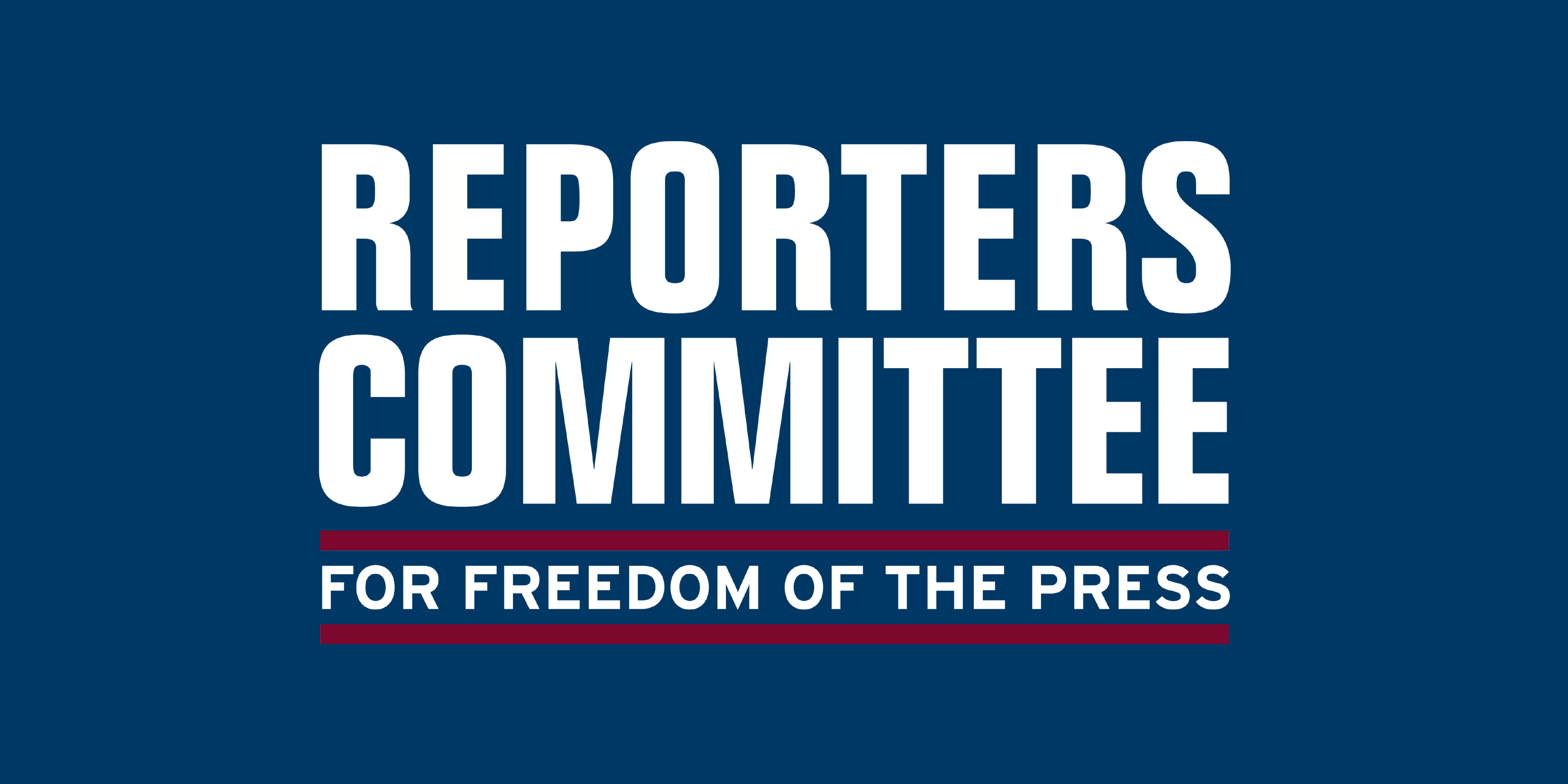Not sure whether you can publish information illegally obtained by a third party? RCFP has a new guide for that.

Journalists, especially those who report on national security issues, have long relied on information that was illegally obtained by a source to fuel powerful reporting in the public interest. While the U.S. Supreme Court has recognized First Amendment protections for this kind of reporting as long as the publisher acted lawfully, the details are important.
For example, what if you, as a journalist, are actually involved in acquiring the material? Does it matter if you know the source’s identity? And what if merely possessing the material is itself a crime? You can find the answers to these and many other questions in a new resource from the Reporters Committee for Freedom of the Press: A Journalist’s Guide to Reporting on Information Illegally Obtained by a Third Party.
Born out of inquiries to the Reporters Committee’s free Legal Hotline, this latest addition to our collection of free legal resources is designed to help reporters better understand the legal risks associated with receiving or publishing material that was illegally obtained by a third party — and how to minimize them.
In 2001, the Supreme Court ruled in Bartnicki v. Vopper that the First Amendment generally protects journalists who publish information of public concern that was acquired illegally by others. In that case, the Court held that several news media defendants who broadcast an illegally recorded phone call they lawfully obtained couldn’t be held liable under federal and Pennsylvania wiretapping laws, even though they knew the call was illegally recorded.
Bartnicki established a bedrock protection for the press, but, as our guide explains, courts have sometimes disagreed on its scope.
Our guide is divided into three parts: an introduction, an explanation of Bartnicki, and a deep dive on the case law surrounding key issues that Bartnicki left unanswered, including whether First Amendment protections extend to publishers who know the source’s identity and that the information was obtained illegally. It also discusses situations in which reporters should exercise special caution, such as when the mere possession of the material is a crime or it’s classified.
Part three notes that courts have distinguished between a solicitation to steal information and a request for information that is already stolen. The First Amendment may not protect publishing illegally obtained material when a journalist participates in the illegal conduct, even indirectly.
For instance, if a reporter asks a hacker to steal particular records before or while the hacker commits the illegal act, the reporter faces a greater legal risk.
Reporters can also use the guide to figure out whether the illegally obtained material involves a matter of public concern, which is a key factor courts consider — though they haven’t always agreed on what qualifies. Generally, the Supreme Court has ruled that speech is a matter of public concern when it relates to “any matter of political, social, or other concern to the community.”
The publication of matters of private concern, however, such as a private dispute among neighbors or information about private individuals on a company marketing list, may not be protected.
In some cases, courts may not recognize a First Amendment defense when the mere possession of the material is a crime. And it’s unclear whether a reporter could face prosecution under the Espionage Act, a World War I-era law that criminalizes the unauthorized release of government secrets, for publishing classified information that a source illegally acquired.
Simply put, the guide explains, “journalists should (1) exercise caution when seeking information from sources, (2) confirm that mere possession of the material itself is not a crime, and (3) ensure that the information is of public concern.”
We encourage you to check out the full guide for more information. Journalists with questions in this area should contact the Reporters Committee’s free Legal Hotline by calling 1-800-336-4243, emailing hotline@rcfp.org, or submitting an inquiry through our online form.